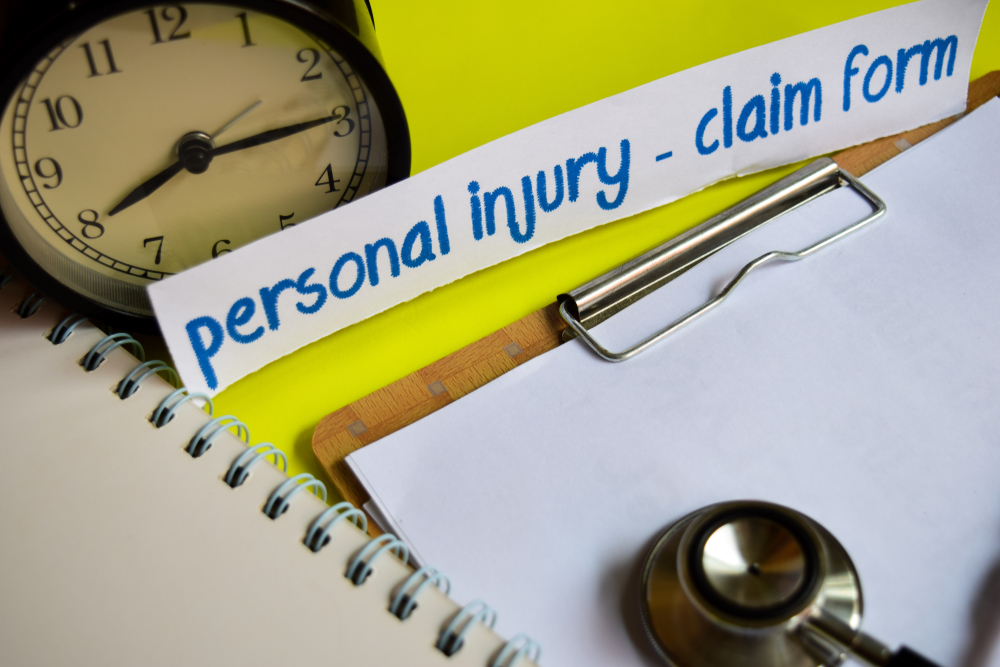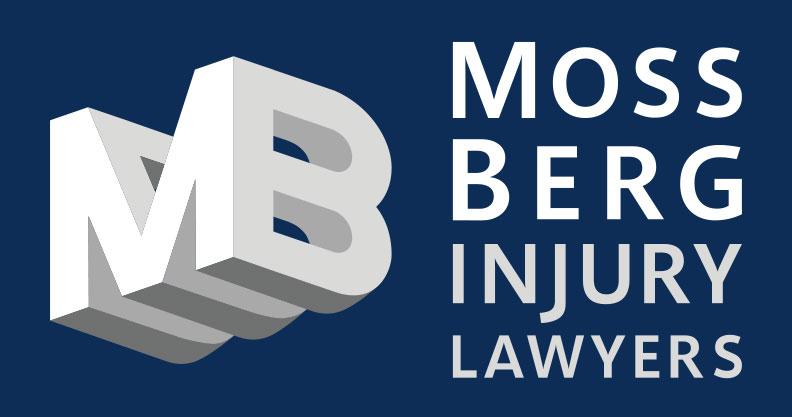by tfarino
Share
Share

If you have been injured in a car accident or slip and fall accident, it’s important to know how your injury claim will be covered and if your insurance provider must pay for it.
Must a Health Insurance Provider Pay for an Injury Claim?
When you’ve just been involved in an accident of any kind that leaves you with injuries, you’ll likely wonder how your medical bills pertaining to the injury will be covered. Once you file an injury claim with an insurance provider, your medical bills may be covered, which is why it’s important to understand how these bills will be paid and if your health insurance provider will need to take care of any expenses.
How Your Initial Injury Bills Are Paid
In the majority of situations, any medical bills related to your injuries will adhere to a simple pattern of responsibility. For instance, the first portion of medical bills that must be covered involves the deductibles or co-pays that are required for your treatment of choice. Depending on your health insurance, you may be required to pay these bills immediately after treatment has been administered to you. Many hospitals and ambulances will work with the insurance company to determine who pays what before asking you to hand over your money.
When Your Health Insurance Provider Must Pay an Injury Claim
No matter what kind of accident your injuries stem from, nearly all medical bills should be covered by the insurance provider that the claim is being filed with. If you are filing an injury claim with the car insurance provider of the at-fault driver, they will almost certainly pay for your medical bills if your claim is accepted.
Keep in mind that there are sometimes limits to how much coverage the insurance policy can provide, which means that a small portion of the medical bills may need to be paid by yourself or your insurance company. While the initial medical bills could be covered by your health insurance, they will likely file a claim against the homeowner’s insurance company or car insurance company to receive compensation.
What You Might Need to Pay
As touched upon previously, your insurance provider may be liable for medical bills pertaining to your injuries once every additional form of payment has been exhausted. What you pay depends on how much coverage your policy provides. In general, you will likely be required to pay a deductible, all co-payments, and any expenses that aren’t automatically covered by the policy. Injury attorneys can help you identify who pays what and when you may need to pay.

